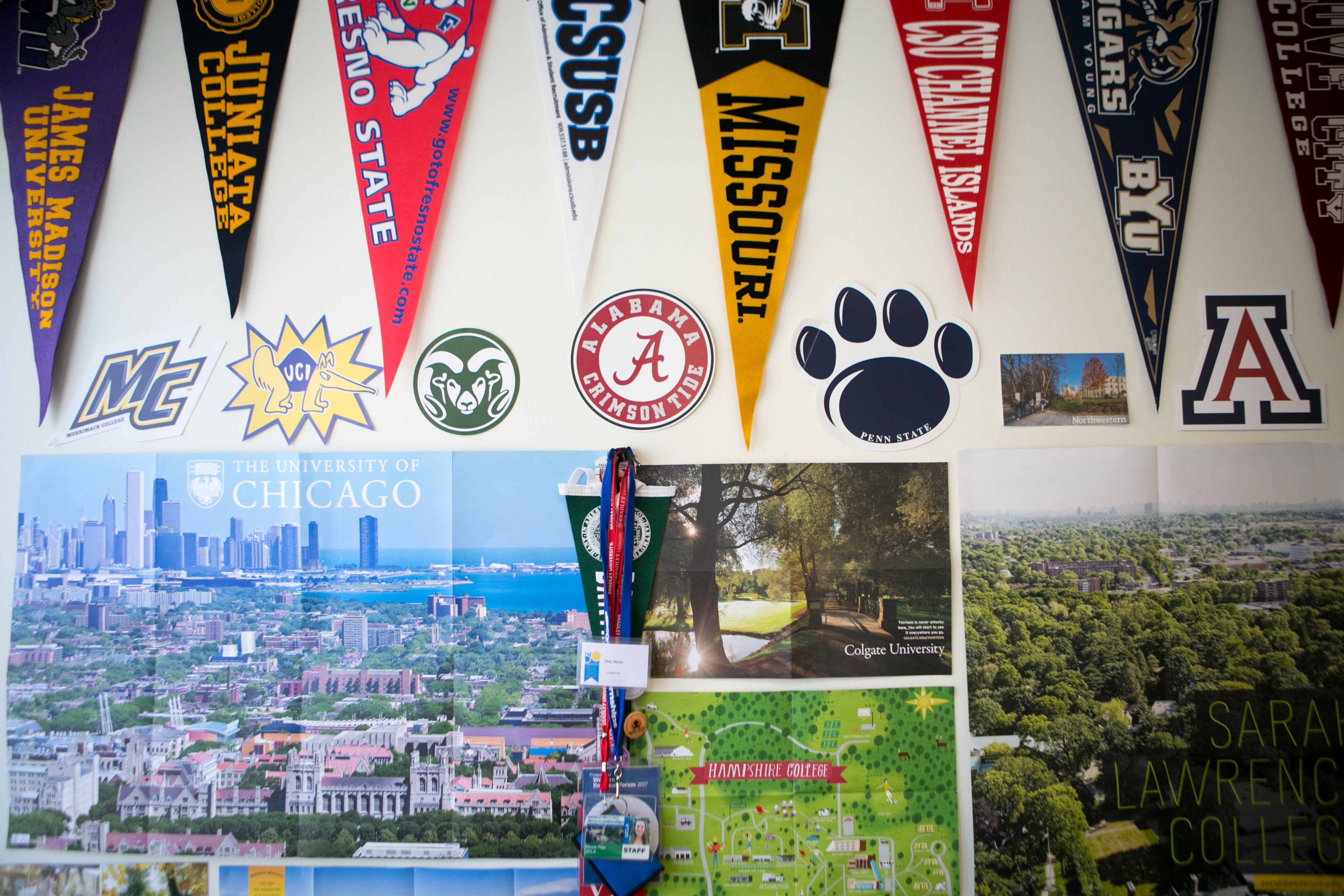Over the last year, I’ve done a lot of reading. It became my quarantine hobby of choice. From memoir to manga to anything the local librarian recommended, I read it all.
Regardless of whether I liked, loved, or even disliked a book, my favorite part came when I finished. No matter how I felt about the book, when I closed it, I’d get to ask myself: who would love this?
It became a way to connect in quarantine, but it also shifted my mindset about books. In the past, I recommended books I loved to anyone who’d listen. If I loved it, surely all my friends would. But as I read more, I became more pointed with my recommendations — for Katie, graphic novels or memoirs she could share with her daughter; for Allison and Vanessa, modern-day feminist romance; for Tanya and Ro, anything one would describe as “charming.” Even if I didn’t love something, if I liked it and it matched what I thought a particular friend might love, off the recommendation would go.
So, what does this have to do with college?
For as long as I’ve been working in college admission and counseling, there’s a common refrain I’ve heard from students and families alike.
When talking about a school or sharing what they’d heard at a family gathering or conversation with friends, someone will inevitably reflect: “I heard that’s a good college.”
To which I always ask, “good for whom?”
Much like books, if a college exists, it’s likely good for someone. Asking if it’s good or bad, while understandable, isn’t really a useful exercise. What you should be asking is: “is this college good for me?”
Here’s why.
For the last ten years, there have been both ample data and hot-takes published about how college is a symbiotic relationship between you and the institution. The predictors that make for lifetime happiness or engagement at future jobs have little to do with the name on the diploma; it’s things like if you had a mentor or faculty member who looked out for you.
It’s why rankings are problematic. Not because measuring things is inherently wrong — it can be incredibly valuable. It’s just that I want you to control the input variables.
Now when I research books, I’ve gotten more pointed about what I’m looking for. I know to skip over “best books of 2020” and go for things like “best countryside crime novel in which a vicar and a meticulously managed garden are featured” (if it isn’t clear, I’m an Agatha Christie fan). When you read rankings lists online, they’re measuring value for someone they don’t know (you). And if post-grad outcomes have everything to do with how you navigate college, not merely where you go, then how can those rankings be accurate for you without, well, knowing you?
That’s why it’s important to assess a particular college asking not, “is this a good college?” but instead, “is this good for me?”
I’ll give you a few examples here, one personal, one professional. I started my undergraduate life at the University of Pennsylvania. It’s one of those schools everyone seemed to assign the word “good” when I chose to attend (though admittedly, my family thought I was going to the other famous school in Pennsylvania and regularly commented how great our football team was). But come that fall, I started to realize that what was good for others might not be good for me. I walked by an around-the-block line for a sorority event to arrive at an Amnesty International meeting with three other people, eating stale welcome snacks in righteous silence. There were no future English majors in my English class, but there were banking recruiters posted up outside. People around me were thriving, but I wasn’t one of them. The following year, I transferred to Scripps College. I befriended the Director of Admission, fell in with all sorts of social justice-oriented literature nerds, never once attended a frat party, and met faculty who recommended me to national history fellowships. Scripps was really good for me.
As a college counselor, when I’m helping students build their lists, I always think about 18-year-old me, and how she confused what was “good for her” with what was “good.” I see so many students carrying words into our meetings that they let other people define – good, famous, right. It’s my job to help students define good on their own terms. If you’re interested in high-level sciences and might want to pursue a PhD in physics, USC might not be good for you, but Grinnell or Reed could be. NYU is great for students interested in shaping their own curriculum, and is well-known for its rolodex of performing arts alums, but it ranks #1,147th for social mobility, aka the power of an institution to fuel economic mobility. Its neighbor a few blocks away, CUNY Baruch, ranks #1.
A big reason it can be so difficult to answer the question of “is this good for me?” is because of how colleges market themselves. If you’ve ever gone on a college tour (virtual or otherwise), you’ve likely gone on what I call an orientation tour, not a college tour. You learn where the science building is, but you don’t learn how science factors into their core curriculum, what humanities coursework is required of science majors, or why a chemistry degree might be a Bachelor of Arts, not Sciences. At the end of a tour or interaction with a college, you should be able to leave with a clear sense of who this college is good for, even (and especially) if that isn’t you. Colleges present that version of themselves to their board; they need to do a better job of presenting who they’re good for — and who they’re not — to prospective students.
So where does that leave you, dear reader?
Well, it means you must be an astute college sleuth (if you’re not sure where to start, I’d recommend my colleagues’ posts here and here). And I’d invite you to frame your college research not looking for objective truths (is it good or bad?), but relative ones (is it good for me?).
Only after you do that, I’ll invite you to ask yourself the natural extension to the question “is it good for me?” It’s a question that’s at the core of a thoughtful passage into this first chapter of adult life: is it good for the person I want to become?
Part of answering “is it good for me?” is knowing who a college is good for – and who it isn’t good for. In many cases, the answer to “who it isn’t” may be qualities or interests. Maybe it’s a school that isn’t great for visual arts majors because of the lack of studio space, or not great for students who want to double major because of the intensive core curriculum. But you may also discover that a school isn’t good for LGBTQIA+ students, or they admit mostly rich kids. The answer to “who it’s good for?” might include you but exclude many. The question “is it good for me?” may not be broad or inclusive enough at that point. That’s when it’s helpful to lean on the second half – “is it good for the person I want to become?”
These are incredibly nuanced questions to be asking, and the reality is, with thousands of colleges to choose from, students will be happy at many of them. Even when a student filters for all their non-negotiables – whether it’s finances, majors, community, geography, or the presence of a Quidditch team – there are still likely dozens of colleges on that list. All I ask is that when you use words like “good,” you take a moment to assess who defined it, and to make sure the definition aligns with what you want both for yourself and the community you want to be a part of.
About Us: With more than twenty years of experience, Collegewise counselors and tutors are at the forefront of the ever-evolving admissions landscape. Our work has always centered on you: the student. And just like we’ve always done, we look for ways for you to be your best self - whether it’s in the classroom, in your applications or in the right-fit college environment. Our range of tools include counseling, test prep, academic tutoring, and essay management, all with the support of our proprietary platform, leading to a 4x higher than average admissions rates.



.png?width=600&height=200&name=School%20Selection%20%26%20Research%20(7).png)



